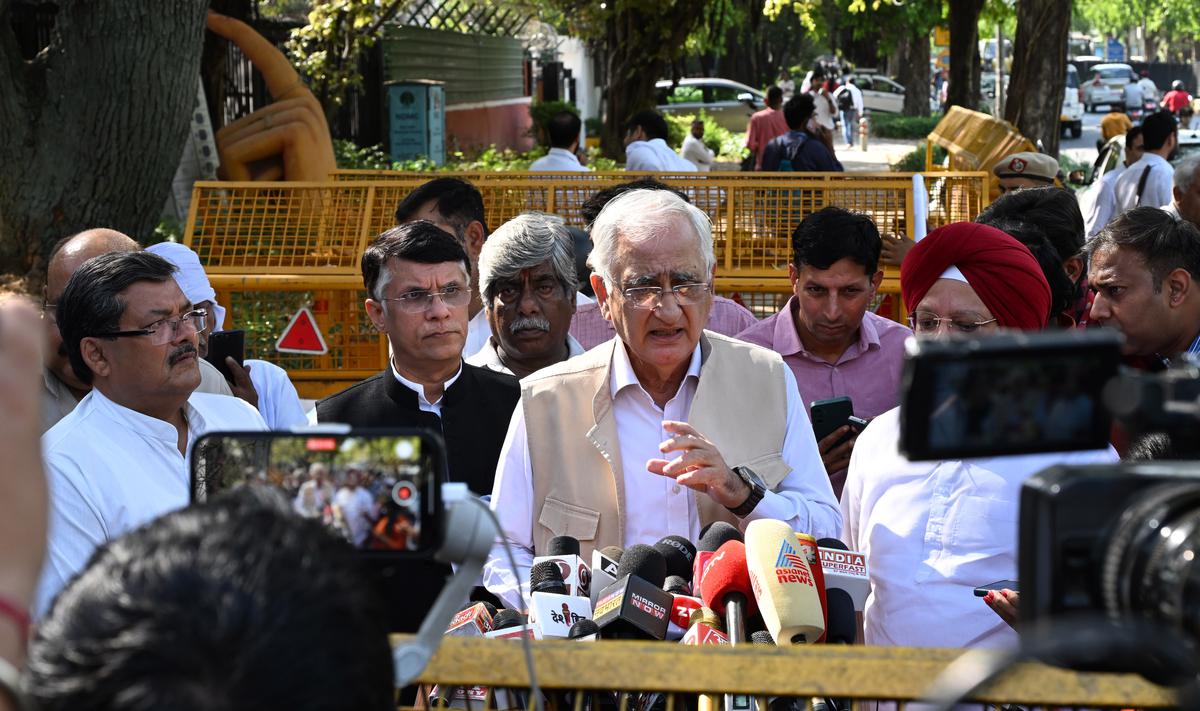The Supreme Court recently made a significant ruling in the Patanjali misleading advertisements case, refusing to accept an apology from yoga guru Ramdev and his company, Patanjali. The court expressed deep concern over the growing trend of FMCGs (Fast-Moving Consumer Goods) misleading consumers with false claims and advertisements. This ruling highlights the court’s commitment to protecting consumer rights and ensuring fair business practices in the country.
The Court’s Decision:-Despite Ramdev and Patanjali’s attempts to apologize for their misleading advertisements, the Supreme Court remained unmoved. The court emphasized that such actions cannot be condoned, especially when they involve deceiving consumers and causing harm to public health and finances.
Deceptive Marketing Practices:-The court’s decision sheds light on the deceptive marketing practices prevalent in the FMCG industry. Companies often make exaggerated claims about the efficacy of their products, enticing consumers to purchase them based on false promises. This not only undermines consumer trust but also poses serious risks to public health and well-being.
Impact on Consumers:-Consumers who fall prey to misleading advertisements often end up suffering both financially and health-wise. They spend their hard-earned money on products that fail to deliver the promised benefits, leading to disappointment and frustration. This ruling sends a strong message to FMCGs that they cannot take advantage of gullible consumers for their own gain.
Call for Stricter Regulations:-In light of the court’s ruling, there is a growing call for stricter regulations to curb deceptive marketing practices in the FMCG industry. The court has urged the government to take proactive measures to protect consumers from false advertising and ensure that companies are held accountable for their actions.
Conclusion:-The Supreme Court’s decision in the Patanjali case is a step in the right direction towards ensuring transparency and accountability in the FMCG industry. It serves as a warning to companies that engage in deceptive marketing practices and underscores the importance of upholding consumer rights. Moving forward, it is essential for both the government and businesses to work together to create a fair and ethical marketplace for all consumers.



